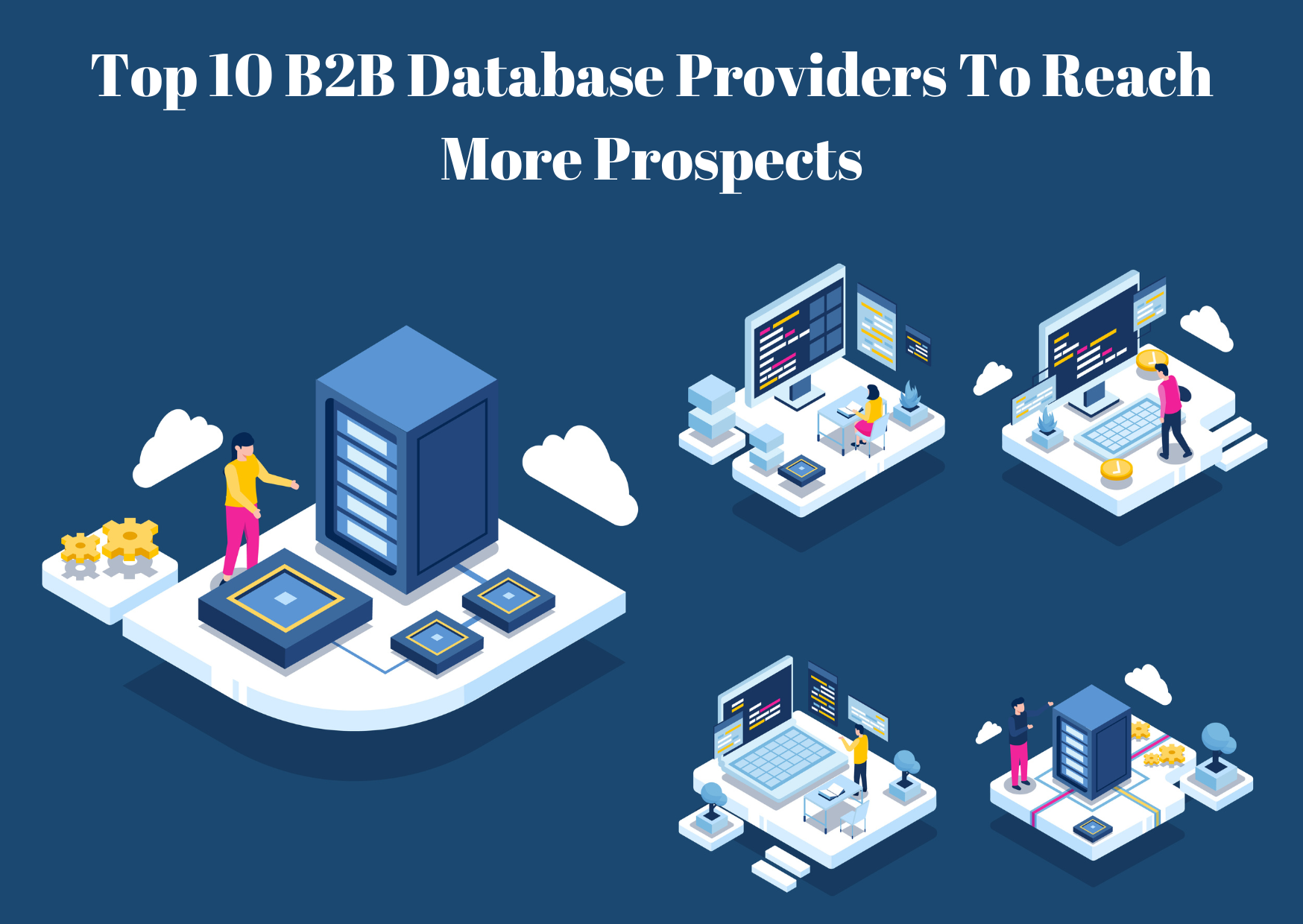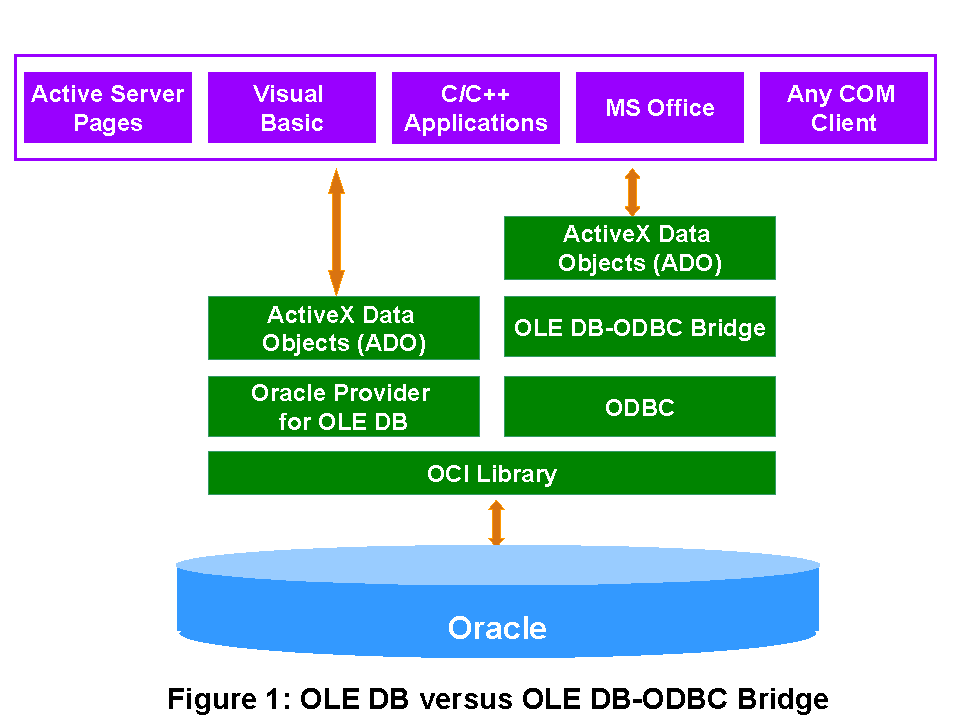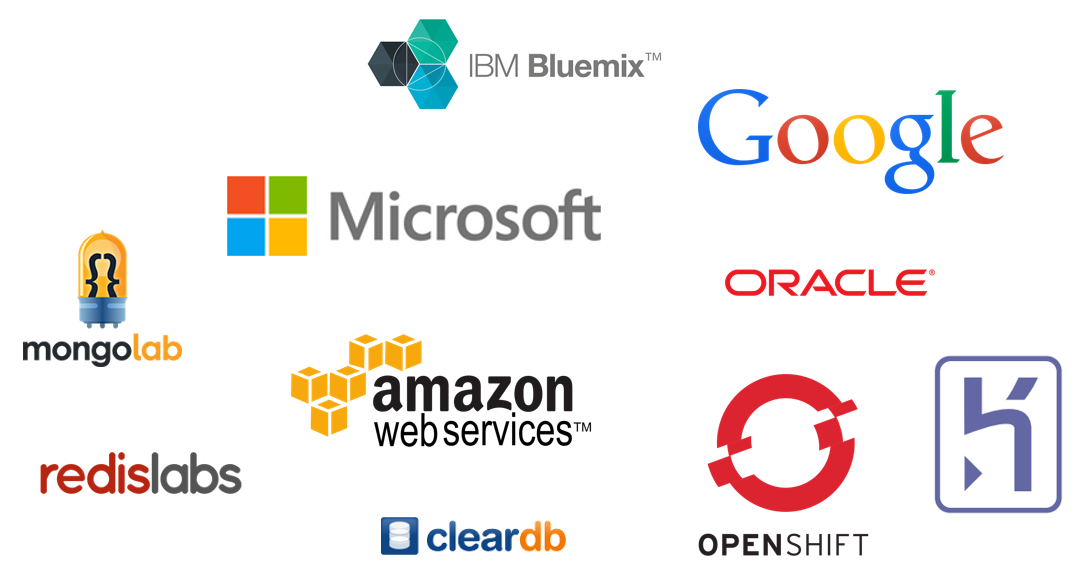Secret Attributes to Try To Find When Picking a Database Supplier
Picking a database copyright is an important choice that can significantly influence your company's data and procedures monitoring technique. Among the vital functions to consider are scalability alternatives, which make sure that your system can adapt to expanding needs. Protection actions, efficiency metrics, and customer support additionally play pivotal functions in this assessment procedure. As you evaluate these elements, it ends up being apparent that the choice is not simply about functionality yet likewise about aligning with your long-term vision. What various other considerations might affect this vital choice?
Scalability Options
When selecting a data source copyright, comprehending scalability choices is critical to making sure that the selected remedy can suit future growth. Scalability describes the ability of a data source system to expand its ability and efficiency in action to increased demand. There are two main kinds of scalability: upright and straight.
Vertical scalability, or "scaling up," entails improving a solitary server's resources, such as CPU, RAM, or storage. This method can be straightforward and affordable for smaller sized applications yet may reach a limit where further upgrades are as well pricey or impractical.
Horizontal scalability, or "scaling out," involves adding a lot more web servers to distribute the load. This method enables higher versatility and can fit significant boosts in data volume and user website traffic (database provider). It is specifically valuable for cloud-based database services that can dynamically designate sources based upon demand

Safety Actions

When evaluating safety and security actions, take into consideration the application of file encryption methods (database provider). Data-at-rest and data-in-transit file encryption are necessary to ensure that sensitive info continues to be protected, even in case of a protection breach. In addition, look for providers that provide solid verification devices, such as multi-factor verification (MFA), to even more boost gain access to control
Routine safety audits and compliance with market criteria, such as GDPR or HIPAA, are a measure of a supplier's commitment to data defense. In addition, ask about their case action plan; a durable plan can reduce the impact of any type of prospective protection incident.
Efficiency Metrics
Reviewing performance metrics is vital for organizations to guarantee that their picked database provider meets functional requirements. Key efficiency metrics consist Recommended Reading of response throughput, scalability, and time, which collectively establish the performance of data source procedures under varying tons.
Reaction time is critical, as it mirrors how swiftly the database can refine inquiries and return results. Organizations ought to search for metrics that indicate ordinary feedback times during top and off-peak hours. Throughput, commonly gauged in deals per second (TPS), provides insight right into the data source's capacity to deal with high volumes of requests without performance degradation.
Scalability analyzes the data source's ability to grow with the organization's needs. A robust data source company need to show horizontal and upright scaling capacities, permitting smooth adjustments as needs change. Additionally, understanding latency, especially in distributed systems, can aid organizations evaluate the responsiveness of the data source throughout various geographical locations.
Consumer Support
Dependable customer support is a cornerstone of effective database monitoring, giving organizations with the assistance needed to fix issues and optimize efficiency. When choosing a database supplier, evaluating the level of customer support they offer is vital. A robust support group must consist of several channels of communication, such as phone, e-mail, and live chat, ensuring that individuals can access help whenever they require it.
In addition, responsive assistance groups that are offered 24/7 considerably enhance the dependability of the database solution. Prompt response times and reliable resolution of concerns can significantly reduce downtime and increase general efficiency. It is also useful to take into consideration the schedule of dedicated support personnel, that can supply customized help based on an organization's particular needs.

Pricing Structure
When thinking about a data source provider, the pricing framework is an essential factor that can considerably affect an organization's budget plan and general approach. A clear and versatile prices model is necessary for straightening the database sets you back with company requirements - database provider. Organizations must assess whether the pricing is based on consumption, per individual, or a flat rate, as each version can produce various economic effects over time
It is necessary to analyze any kind of added costs connected with the company's services, such as data storage costs, transaction costs, and support fees. Some suppliers may offer tiered rates, enabling scalability as the organization expands, while others might impose strict restrictions that might become expensive as data requirements increase.
In addition, companies should consider the long-lasting worth of the database service. While reduced initial costs can be enticing, more tips here they might not represent future upgrades, maintenance costs, or combination costs. Carrying out an extensive cost-benefit analysis will assist recognize one of the most suitable pricing structure that stabilizes scalability, support, and efficiency, eventually guaranteeing that the selected data source provider straightens with the organization's financial and functional goals.
Final Thought
In final thought, picking a database provider demands cautious consideration of various crucial features. Evaluating efficiency metrics enables the identification of reliable databases, and easily accessible consumer assistance enhances the overall user experience.
Selecting a data source supplier is a vital choice that can significantly influence your organization's operations and information administration technique.When picking a data source company, understanding scalability alternatives is critical to making sure that the picked solution can accommodate future growth. When selecting a database service provider, examining the degree of client support they supply is essential.When considering a data source company, the pricing structure is a crucial factor that can substantially affect an organization's budget plan and general strategy. Carrying out a complete cost-benefit analysis will help recognize the most ideal rates structure that stabilizes scalability, support, and performance, inevitably making certain that the picked data source supplier straightens with the company's monetary and operational objectives.
Comments on “Exactly How a Good Database Provider Can Enhance Your Information Management”